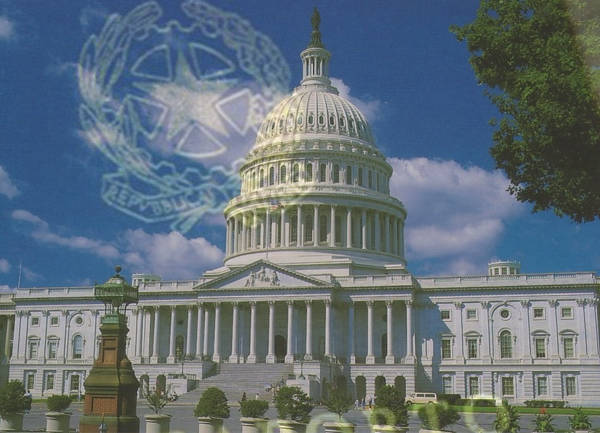U.S. Government Shutdown and Immigration Agencies
U.S. Citizenship & Immigration Services (USCIS): This agency is responsible for the adjudication of immigration petitions. USCIS has confirmed that it will continue to operate during a shutdown, except for E-Verify (an on-line internet-based system that employers utilize to compare information provided by employees for verification with the U.S. Department of Homeland Security and the Social Security Administration).
Customs & Border Patrol (CBP): Given that immigration, customs inspection and law enforcement are considered “essential”, while staffing is expected to be more limited than usual, the borders will nonetheless remain open. CBP has not made any statement regarding how a shutdown will affect the processing of applications filed at border ports of entry.
Executive Office for Immigration Review (EOIR): This office is comprised of the Immigration Courts and was already advised Friday morning to “put its shutdown plans in place”. While personnel not considerd “essential” will be furloughed, the EOIR has indicated that the docket for detained individuals would likely be considered an essential function and therefore would be able to continue operation.
Department of Labor (DOL): It has been confirmed that DOL would cease processing all applications in the event of a shutdown. Furthermore, DOL personnel will not be available to respond to e-mail or other inquiries. This shutdown will therefore affect Labor Condition Applications required in connection with propsective H-1B visa petitions, prevailing wage requests and PERM applications, since all electronic systems for filing will be inaccessible.
What does this all mean? For those foreigners awaiting visa issuance abroad, a government shut down unfortunately will mean that the Embassy or Consulate will not be able to accommodate appointments which have already been scheduled until such time as the government resumes operating as usual. For those individuals for whom a petition has been filed with USCIS, the agency anticipates continuing adjudication since USCIS is mostly fee-based which allows for its financing not withstanding federal budget appropriations. While very many foreigners are scrambling to file H-1B visa petitions prior to USCIS issuing the 65,000 government mandated limit, news that Labor Condition Applications cannot be filed with DOL during the shutdown is discouraging. However, of comfort is USCIS' announcment late Friday afternoon that only 5,900 H1B visa petitions have been received for the fiscal year set to begin on October 1st of this year.
How long will this last? While only Congress together with President Obama can arrive at the decision necessary to resume normal government operation, the most recent government shutdowns of 1995 and 1996 did, in fact, last long enough to create sizeable backlogs for immigration and consular processes. In 1995, non-essential government workers were put on furlough and non-essential services were suspended from November 14 through November 19; in 1995 the shutdown lasted from December 16 through January 6.
While no one is quite sure exactly which federal employees will be deemed essential, the public has been assured that the postal service will continue to make deliveries and that airports will remain open as usual. Unfortunately, the IRS has announced that it will limit its services, continuing to process electronically filed returns, but not paper returns. Furthermore, it is anticipated that there will be no processing of U.S. passports other than for emergencies.
*Annalisa Liuzzo is an attorney practicing solely in the area of Immigration law, predominately for Italian companies and Italian individuals employed in the United States. More on Liuzzo & Associates website


































i-Italy
Facebook
Google+
This work may not be reproduced, in whole or in part, without prior written permission.
Questo lavoro non può essere riprodotto, in tutto o in parte, senza permesso scritto.